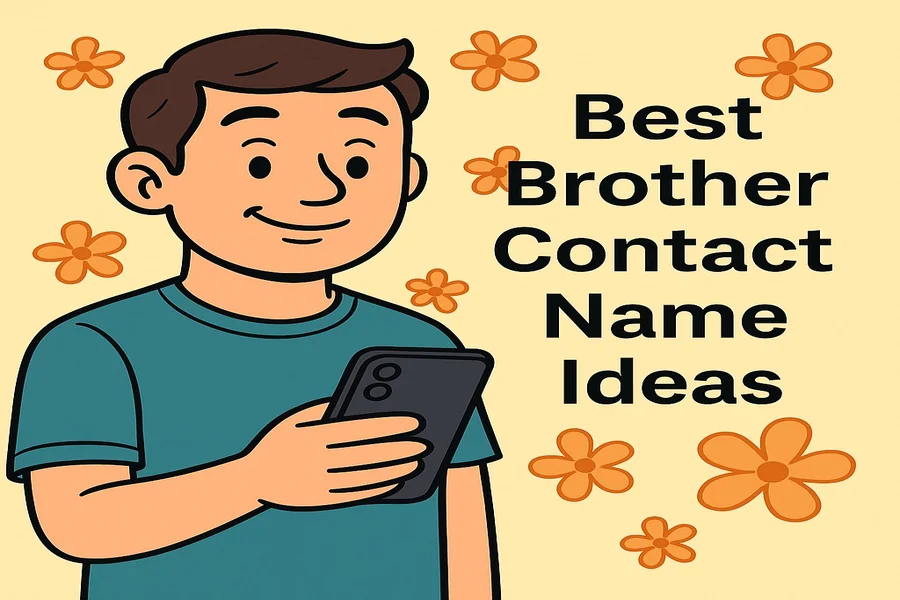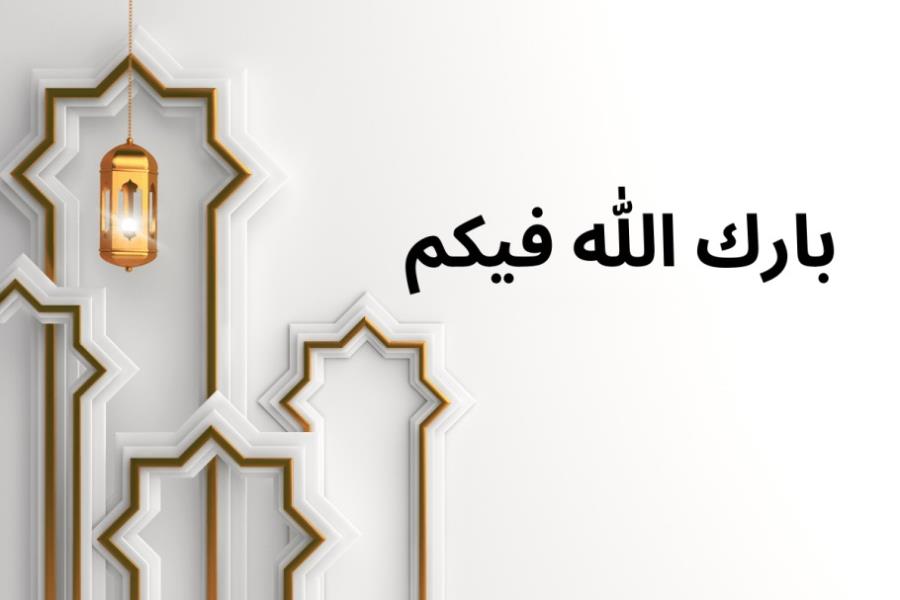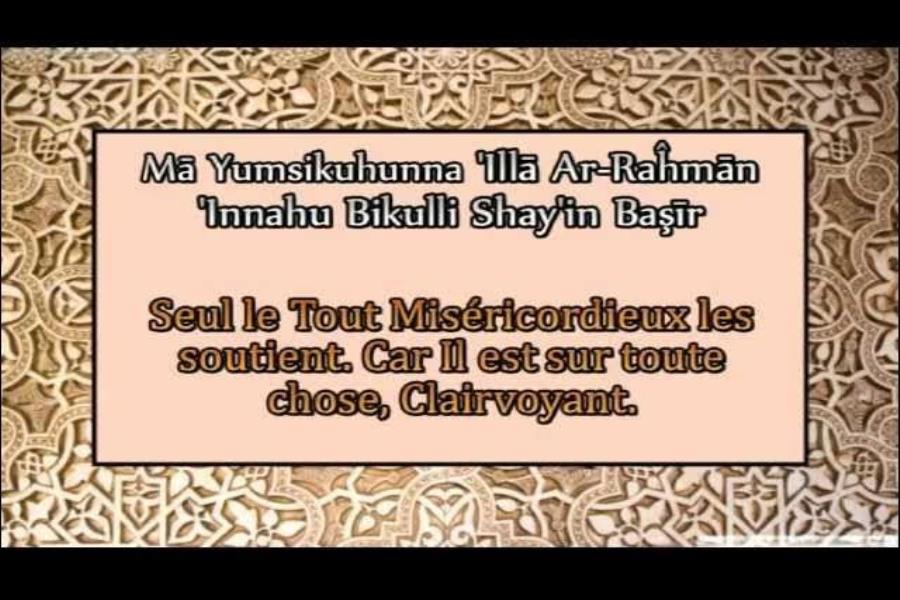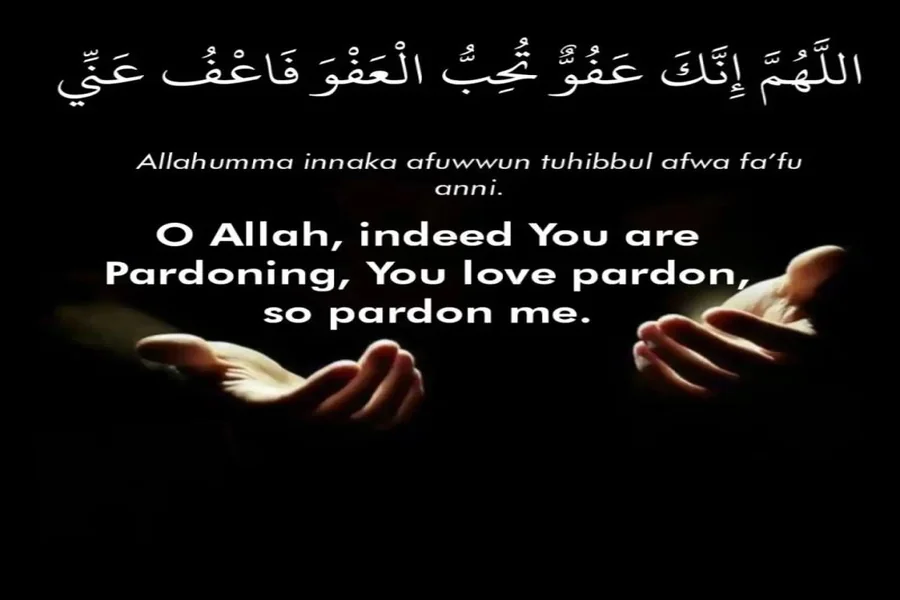WYD Reply in Chat: Smart, Funny, and Flirty Ways to Respond
You were just sent a message that reads “WYD?” It seems simple, but it can move mountains. If you don’t know what the best WYD Reply in Chat is, look no further. This three-letter message is the go-to opening line. We send that when we are bored, curious or just feel like talking. So let’s … Read more









